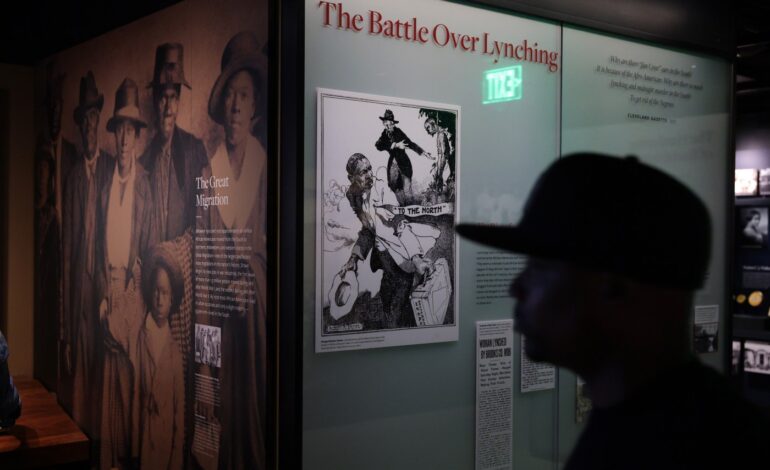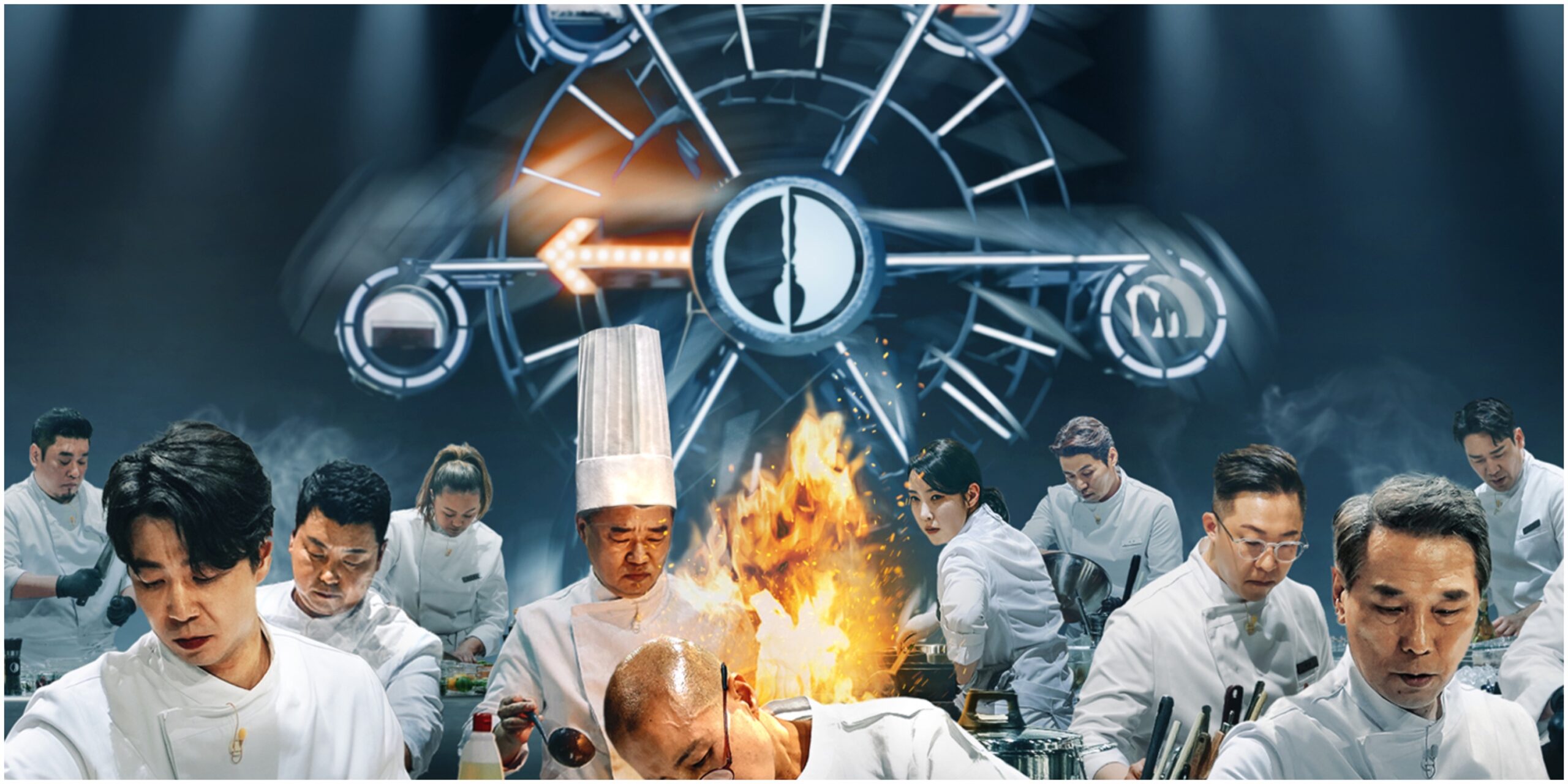New Civics Coalition Sparks Debate Over Educational Content

On September 17, 2023, the United States Department of Education unveiled the America 250 Civics Education Coalition, a partnership with organizations including Turning Point USA and Hillsdale College. This initiative is designed to influence civics curricula nationwide as the nation approaches the 250th anniversary of the Declaration of Independence. The coalition’s formation highlights ongoing discussions about how American history and civic education are taught in schools, amidst concerns about the sanitization of educational content.
The coalition emerges during a time when various states are implementing laws that restrict how educators address topics such as slavery, segregation, and systemic injustices. These legislative measures are part of a broader movement that seeks to reshape historical narratives, often at the expense of marginalized communities. In this context, Stephanie R. Toliver, an assistant professor of curriculum and instruction at the University of Illinois Urbana-Champaign, emphasizes the implications of these changes for democracy and citizenship education.
Toliver argues that when civics education sanitizes the experiences of minority groups, it undermines the critical thinking skills necessary for informed democratic participation. She references the Declaration of Independence, which asserts that governments derive their powers from the consent of the governed. Without a comprehensive understanding of history, students may develop unrealistic expectations regarding democratic progress.
Education is vital for fostering the civic knowledge needed to identify government overreach. Toliver points out that as formal educational institutions are constrained by restrictive policies, communities must take the initiative to rebuild the foundations of democratic participation. This can be achieved through various grassroots efforts, focusing on critical thinking and analysis of multiple perspectives.
Engaging with original documents is one way to deepen understanding. For example, students might study slave narratives alongside founding texts or explore Supreme Court decisions in conjunction with civil rights speeches. This approach encourages active learning and critical engagement rather than passive consumption of information.
Libraries, community organizations, and universities can play significant roles in promoting civic education. Toliver suggests that libraries can develop programs introducing primary historical sources, while universities could offer public lectures and community partnerships. By fostering respectful discussions around challenging topics, communities can cultivate an environment where intellectual curiosity thrives.
Although these efforts are challenging and require considerable resources, they are essential for building the intellectual capacities necessary for robust civic engagement. Communities can share strategies and collaborate, ensuring that the voices often overlooked in official narratives are included in the conversation.
Ultimately, when educational systems fail to provide comprehensive civic education, it falls to communities to fill the gap. As critical thinking and diverse perspectives are increasingly under threat, it is vital to seek fuller truths. The survival of democracy relies on citizens who can think critically, engage with differing viewpoints, and act with courage. The work of cultivating these skills and fostering informed citizens begins in local communities, where collaboration and commitment can create a more inclusive and resilient democratic society.






